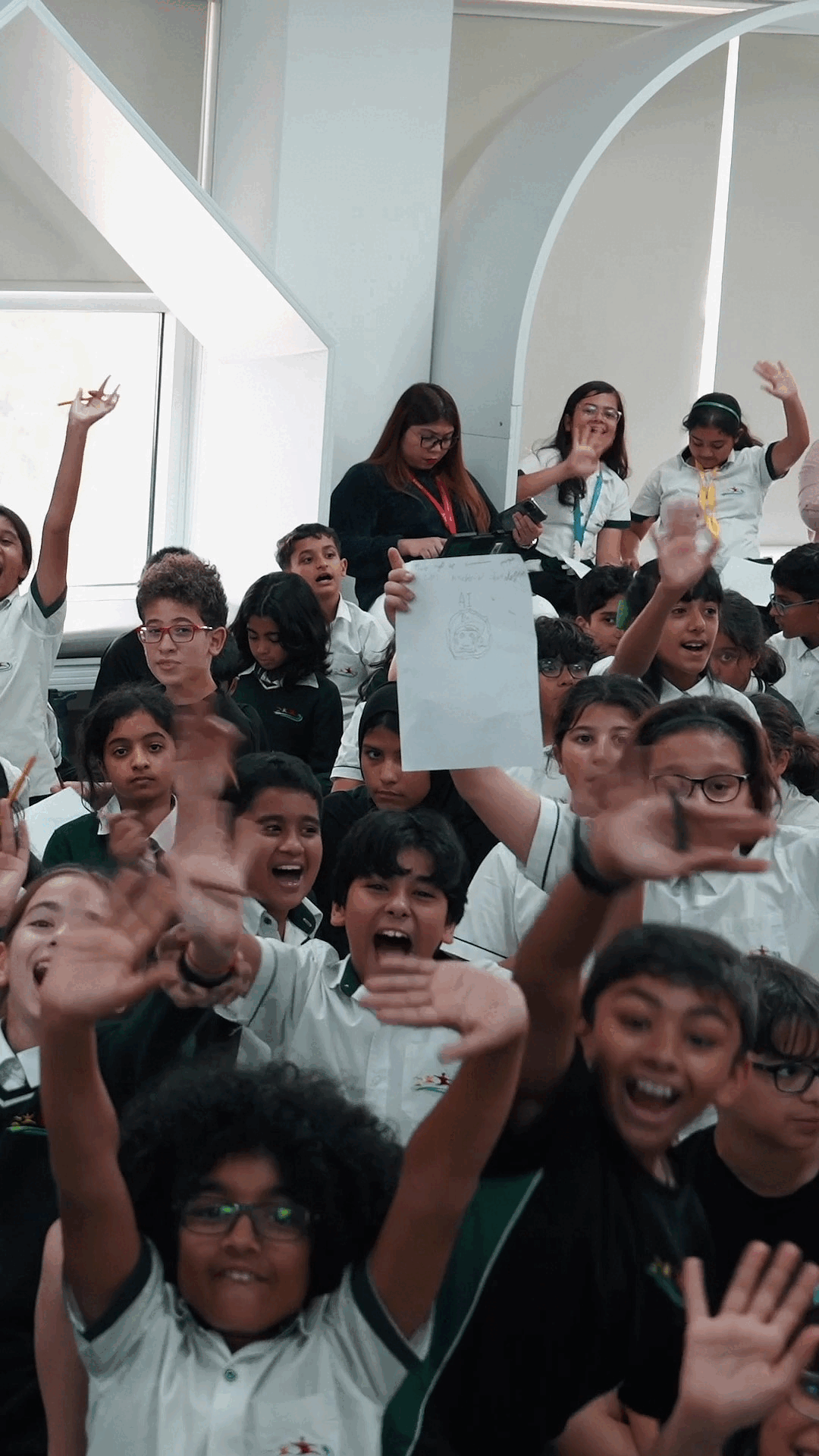
WHAT DO THE KIDS THINK?
Giving children real-life teaching experiences in school is essential for several reasons, all of which contribute to their holistic development and better prepare them for the future.
Be Inspirational.
Make a difference.
Be REAL.
Teachers and lessons play a crucial role in influencing young children and inspiring and motivating them to flourish into successful careers. The impact of teachers on students extends far beyond the academic curriculum; they shape attitudes, beliefs, and aspirations, fostering a conducive environment for personal and professional growth. Here are several reasons why teachers and lessons are so important.
"Because of Tyra Creative and her team, they have made me feel motivated to become a graphic designer myself."
“It has a purpose, not just a random thing in my book.”
WHAT THE RESEARCH SAYS…
1. Enhanced Engagement and Motivation
Real-life experiences make learning more engaging and relevant for students. When children see the practical applications of what they are learning, they are more likely to be motivated and interested. This increases their enthusiasm for education and encourages active participation.
2. Development of Practical Skills
Classroom learning can sometimes be too theoretical. Real-life experiences help children develop practical skills that are essential for their future. This includes problem-solving, critical thinking, collaboration, and adaptability. For example, a project-based learning experience where students design a community garden teaches them planning, teamwork, and environmental stewardship.
3. Better Understanding and Retention
Learning through experience helps students understand concepts more deeply and retain information longer. When students apply what they learn in real-world situations, they are more likely to remember and comprehend the material. For instance, conducting a science experiment rather than just reading about it can solidify scientific concepts in a student's mind.
4. Preparation for the Workforce
Real-life teaching experiences provide students with a glimpse of what to expect in the professional world. They learn about the expectations and dynamics of various careers, which helps them make informed decisions about their future. Internships, job shadowing, and entrepreneurship programs are examples of how schools can bridge the gap between education and employment.
5. Cultivation of Soft Skills
Experiential learning promotes the development of soft skills such as communication, leadership, time management, and empathy. These skills are crucial for personal and professional success but are often not the focus of traditional academic curricula.
6. Encouragement of Lifelong Learning
When students engage in real-life learning experiences, they often develop a love for learning that extends beyond the classroom. This fosters a mindset of lifelong learning, which is vital in a rapidly changing world where continuous learning and adaptability are key to success.
7. Promotion of Social and Emotional Growth
Real-life experiences often involve interacting with diverse groups of people and facing real-world challenges. This helps children develop emotional intelligence, resilience, and a better understanding of social dynamics. Activities like community service or collaborative projects can enhance empathy and social awareness.
8. Relevance to Everyday Life
Teaching through real-life experiences makes education more relevant to students' lives. It connects academic content to everyday situations, helping students see the value of their education in solving real problems. For example, learning about financial literacy through budgeting exercises can prepare students for managing their personal finances.
9. Stimulation of Curiosity and Creativity
Real-life learning encourages students to ask questions, explore new ideas, and think creatively. When students are given opportunities to investigate and experiment, they are more likely to develop a curious and innovative mindset. This is essential for driving progress and finding solutions to future challenges.
10. Building a Foundation for Civic Engagement
Experiences that involve community interaction and civic activities teach students the importance of being active and responsible citizens. They learn about their rights and responsibilities and the impact they can have on their community and society at large.
In summary, real-life teaching experiences are crucial because they make learning more engaging, practical, and relevant. They prepare students for future challenges, both personal and professional, by developing a wide range of skills that traditional classroom settings may not fully address. Through these experiences, children can become well-rounded individuals who are equipped to navigate and contribute to the world around them.

